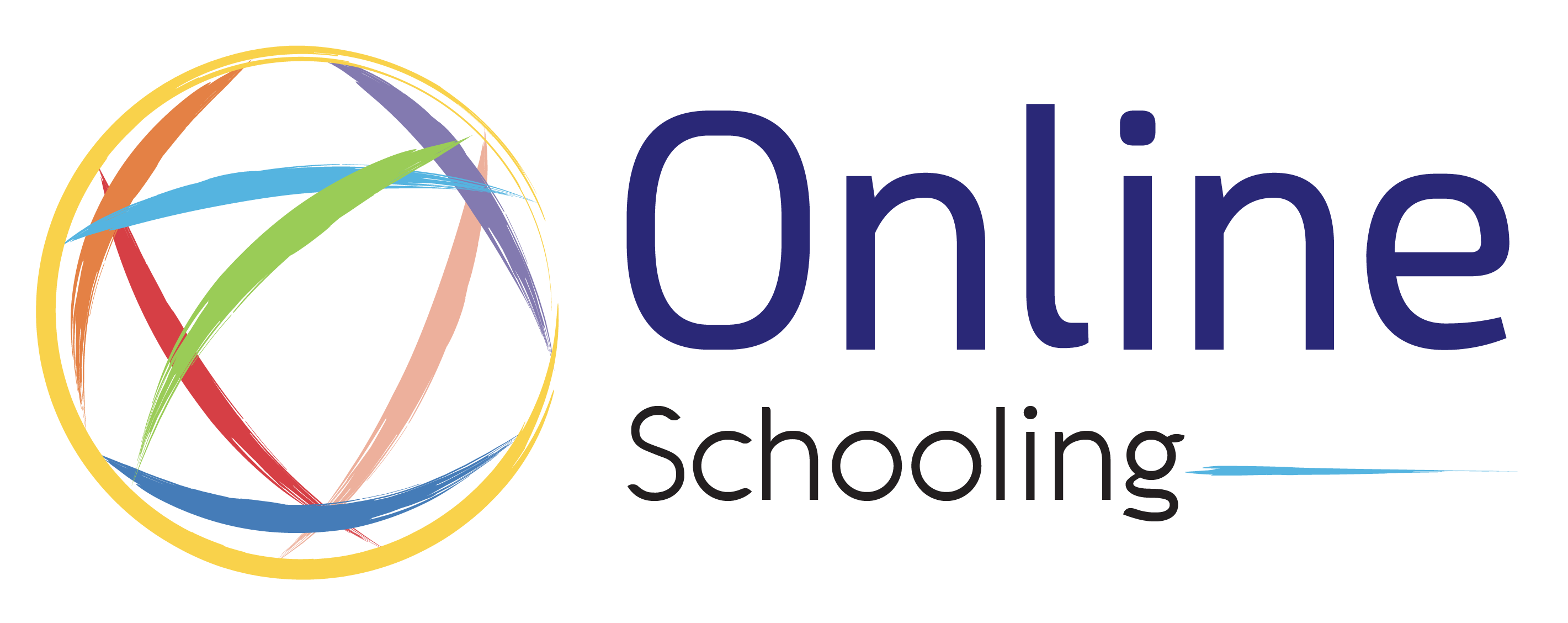The great recession was an undoubtedly dark time for many across the globe. While the effect of recession in different ways, it changed the arena of higher education. With World Bank reports now suggesting a severe slowdown in the global economy, many are asking, “Are we on the brink of another recession?
The IMF has also equally disconcerting reports, suggesting that global growth could drop to 3.3 percent in the near future.
While most of us can only throw our hands up in frustration, it does pay to be informed, and if possible, prepared.
Many are worried about how to survive a recession. However, before we get to that, let’s find out what impacts a recession could have on our lives.
How Recession Affects Common People
The last recession that the world faced was from the end of 2007 to mid-2009. We learned that the effects of that recession didn’t end when the economy improved, in fact, its effects were felt for quite a few years.
- Increased stress at home: This is almost an investable impact of the global economy taking a down turn. With wars and the lingering impact of COVID-19, prices of goods are on a steady rise. This means less income, or rather, higher expenditure, which can make things at home uncomfortable, for everyone.
- Health: While stress adds to poor health, less disposable income also means that parents often compromise on their health needs to ensure that the rest of the family is taken care of as best as possible.
- The last recession’s impact was so great that there were significant changes in people deciding to get married, most deciding to get married later, rather than earlier.
- Perhaps the most noteworthy, and arguably the longest lasting impact, could be the impact the recession had on education. Students’ academic achievements took a major toll.
How Does Recession Affect Higher Education?
There are many ways that the great recession impacted higher education, perhaps the four criteria below are the most relevant to our current economic downturn.
1. Money

As disposable income reduces, parents are likely to look for less expensive options for their children. Students making their own choices, are likely to become wary of borrowing for their higher education as they realise that there may be difficulty in paying back.
2. Choice of Course
While the tech boom has seen to it that many, especially in India, are focused on getting into engineering and tech related courses, they are likely to choose options closer to home, and educational institutions that offer courses at better prices. This means that they may choose options of on-premise courses that don’t quite offer the same quality.
3. Choice of Location
While a potential financial recession looms, students overseas are finding it harder and harder to make ends meet. The loan amounts they have taken often aren’t enough for them to meet their expenses. With companies all over the world cutting down on expenses where possible, part time jobs are not as easy as they were to come by. This leads to many deciding to pursue higher education in their own countries.
4. The Job Market
While there are millions of openings, there aren’t enough people with the right educational qualifications to fill these vacancies. While new types of jobs are increasing, there is a sort of apprehension about choosing what course to do. Students often find they don’t have answers to questions.
Are the types of jobs that are in demand still going to be in demand by the time I finish my course?
Will there be a huge increase in qualified labour for those courses by the time I finish my course, and will that lead to less competitive pay?
Things have changed so suddenly in such a short span, what is to say that another major shift won’t happen again?
How Should I go about the higher education dilemma?
There are two answers to this question.
From a parent’s perspective:
You must equip your child, from a young age, with a varied set of skills and access to different types of knowledge.
Your child must learn how to adapt, overcome and get the best out of every situation, this can only be done through experience.
Your child must be able to make an informed decision, they must be given the exposure and access to the right kind of information, so that they rally their confidence behind their decision.
You must give them as much exposure to the world as possible, while of course, keeping them safe.
As a parent it is your duty to take the time to talk to career counsellors to understand what fields of education are likely to be the best options.
Finally, you must remember, your child must be able to learn what they love if you expect them to end up doing what they love.
Allow your child to make the most of virtual schooling. They get access to much more information and gain more exposure than they would in a traditional school.
From a student’s perspective:
You must be willing to become specialists in at least one area, that specialisation must link in some way to technology as well.
If you have access to the right kind of education, and moreover, if you are willing to work a little harder now, you should learn as much as you can about your chosen field. Then, you must choose one or two other fields and get some basic qualifications in them. The job market nowadays demands a varied skill set and this can be crucial in landing a great role in a good company.
Remember, there is nothing limiting you. Most people don’t quite realise what they want to do for a career until they finish their higher education. That is fine. Once you’re done with your course, you can easily pursue a course you are interested in, while working.
Take advantage of virtual schooling. The internet and technology give us access to over 40 zettabytes of information. Choose the right kind of information to absorb, it will inevitably make a major difference in your professional life.
Conclusion
The impending recession, or the one we may be going through now, is undoubtedly going to impact higher education, in fact, education at all levels. The workforce of the future is one that is going to require multiple skills, be able to leverage their various talents and most importantly know the right way to approach different kinds of situations.
Choose a school that gives students the highest chance of success, by ensuring they have all the skills and knowledge they need to become powerful contributors to the economy.




